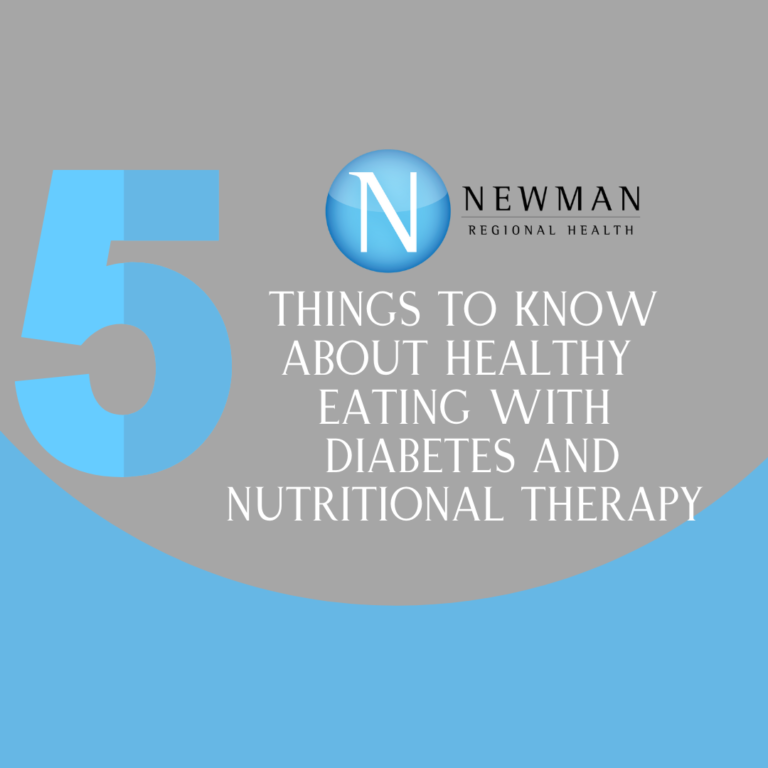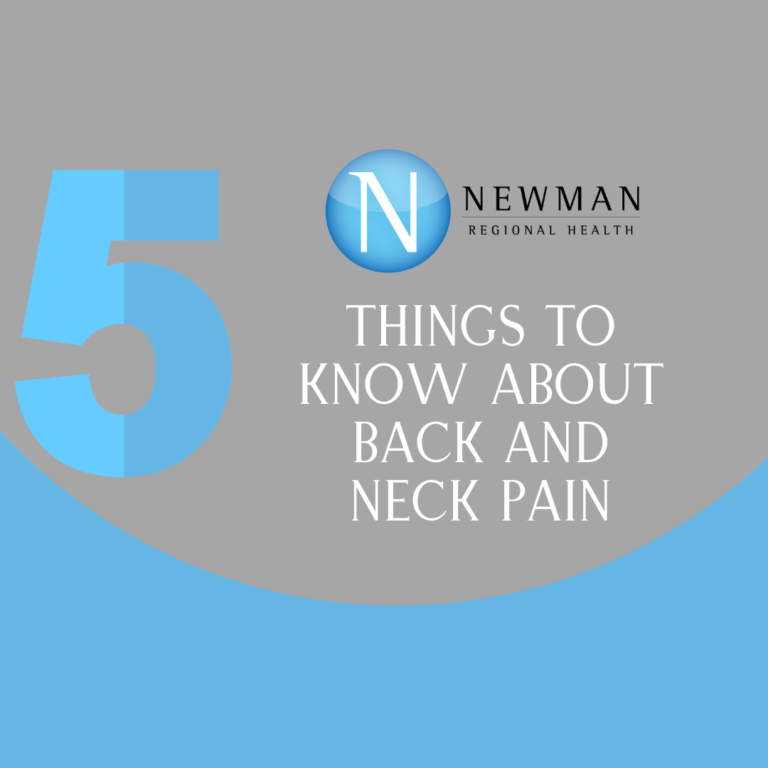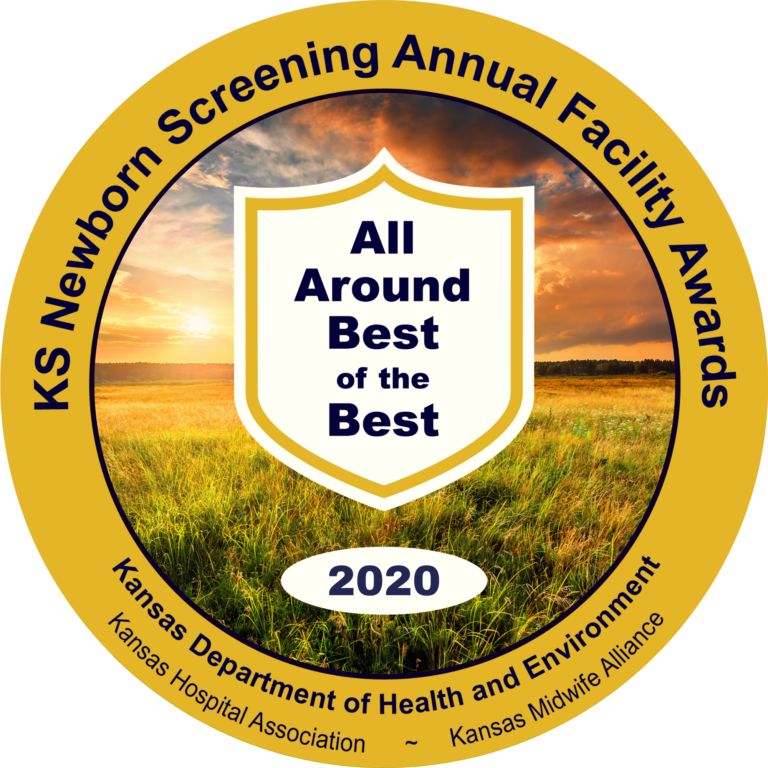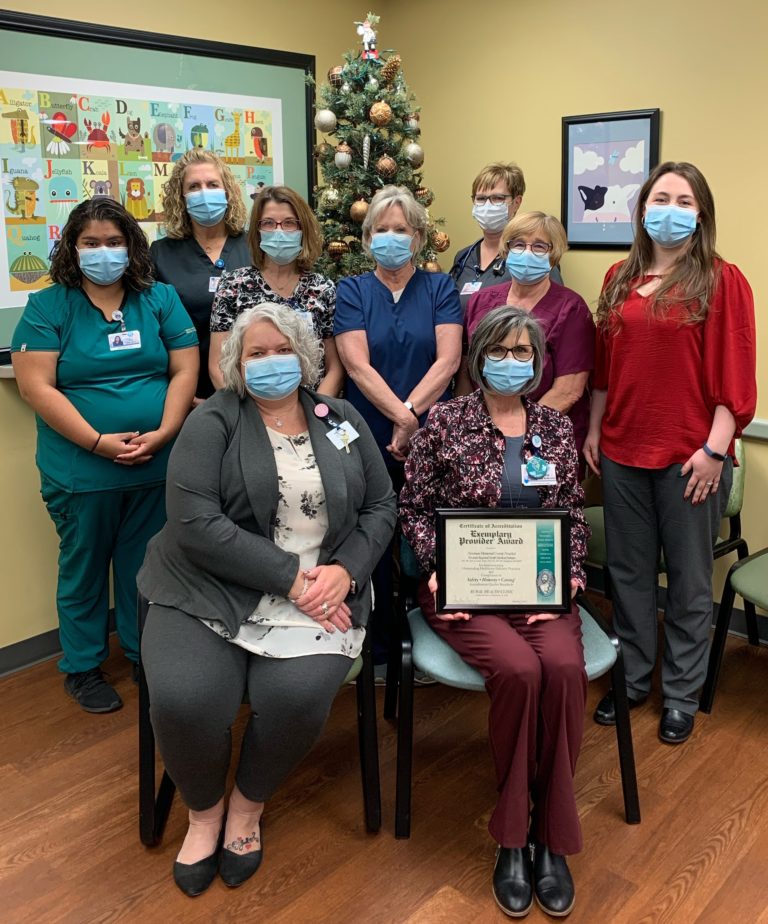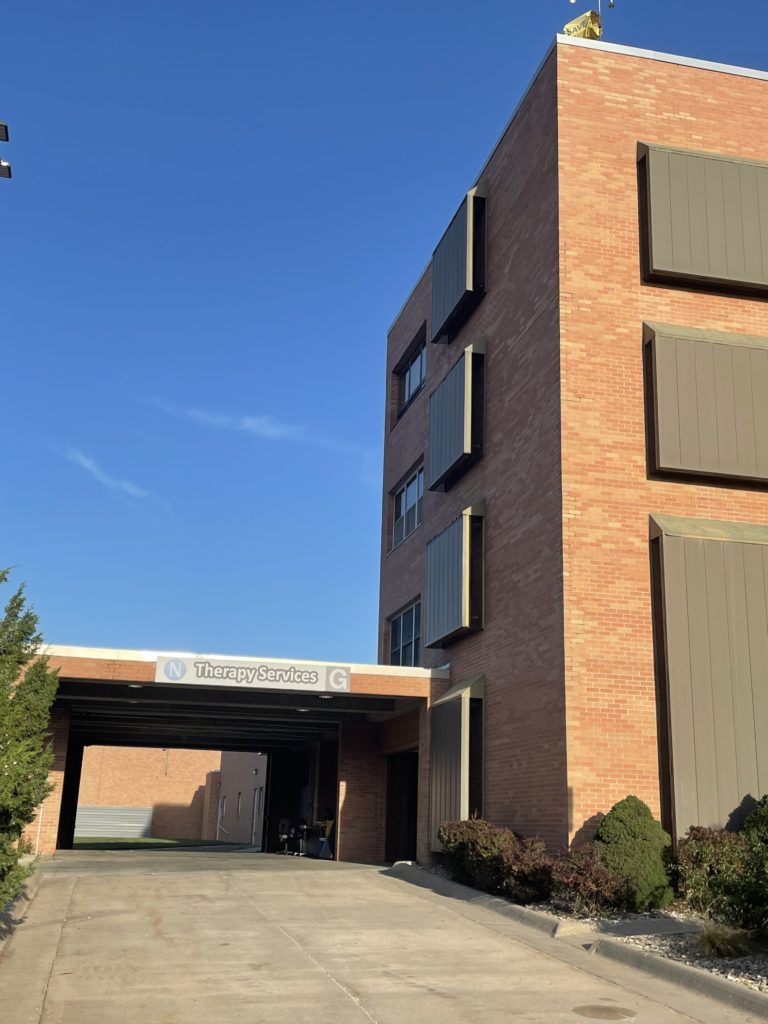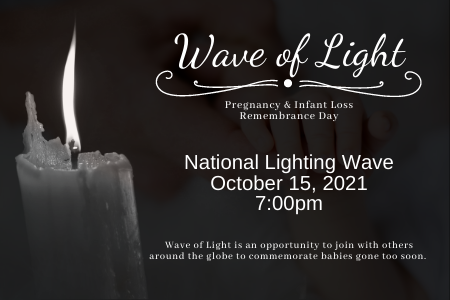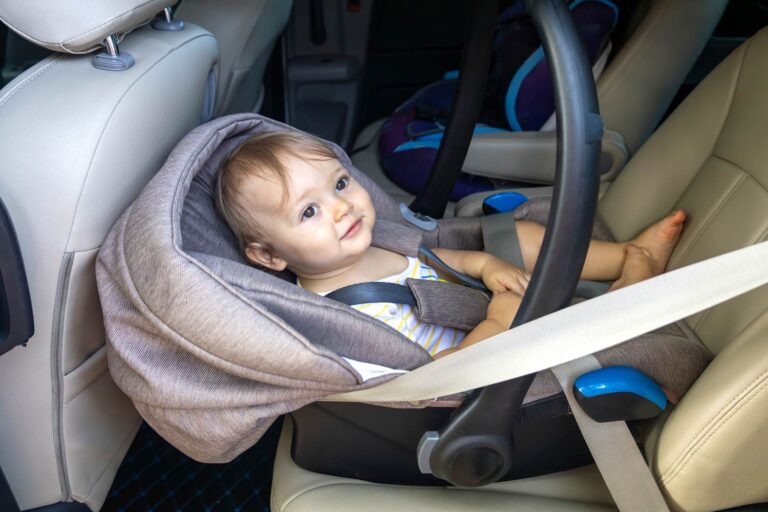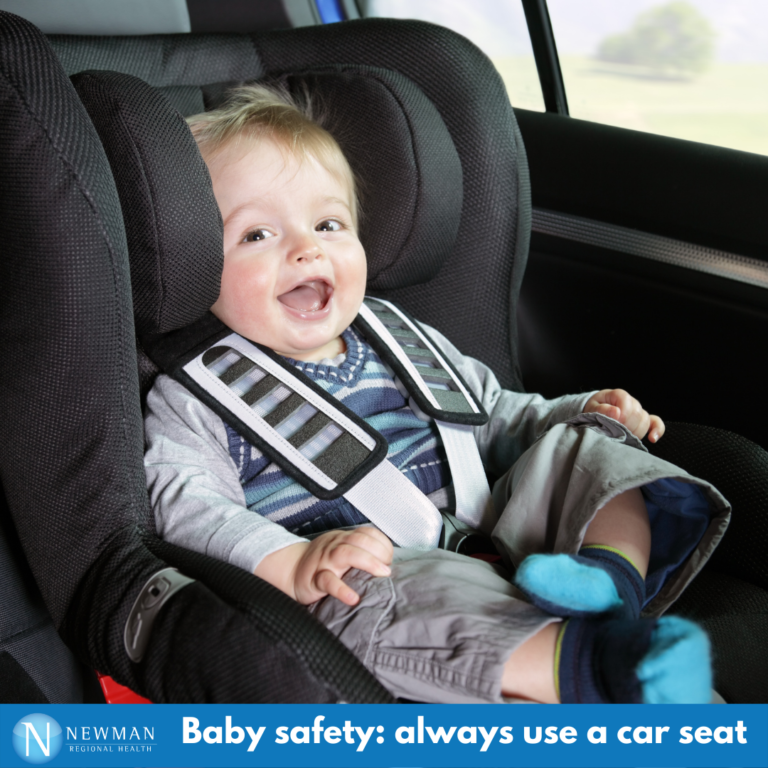News
By Lindsey Morin Even if you do not have diabetes, the chances of you knowing someone who does is high. Diabetes is a disease that affects almost half of the United States, as nearly 10% of the country suffers from…
Back and Neck Pain Can Be Your Day’s Worst Enemy By Lindsey Morin We all dream about living a life without back and neck pain. We long for the days of our youth where we could move freely and not…
Contact: Matthew.Lara@KS.gov Kansas Newborn Screening Program Launches Second Annual Facility Recognition Awards TOPEKA – The Kansas Department of Health and Environment (KDHE), in partnership with the Kansas Hospital Association and the Kansas Midwives Alliance is pleased to announce the second annual recognition…
(Emporia, KS) — Newman Regional Health Medical Partners was recently re-accredited as a Rural Health Clinic (RHC) by The Compliance Team (TCT), a Medicare-approved accreditation organization. After completion of this survey, Newman Regional Health Medical Partners received Exemplary Provider™ status,…
August 23, 2021 (Emporia, KS) — Newman Regional Health announces today the official relocation of Newman Therapy Services, an outpatient physical, occupational, and speech therapy facility. Effective Monday, August 23rd, all Newman Therapy Services patients will be seen at the…
August 24, 2021 (Emporia, KS) — One in four older adults has a fall each year, according to the Centers for Disease Control and Prevention (CDC). However, according to Newman Regional Health, falls are not a normal part of aging…
(October 5, 2021) Parents and families who have been impacted by pregnancy and infant loss including miscarriage, stillbirth, and sudden infant death syndrome (SIDS) are encouraged to participate in this annual day of remembrance. On October 15th at 7:00pm, staff…
Currently, Newman Regional Health is administering COVID-19 vaccines as follows:• Tuesdays from 12:30pm to 4:30pm• Thursdays from 8:00am to 12:00pm To schedule a COVID-19 vaccination with Newman Regional Health, please call the vaccine scheduling hotline at (620) 343-6801 or visit…
As temperatures climb outside it is crucial to never leave a child in a hot car. The nonprofit group KidsandCars.org said more than 1,000 children have died in hot cars across the country since 1990, and at least 26% of…

